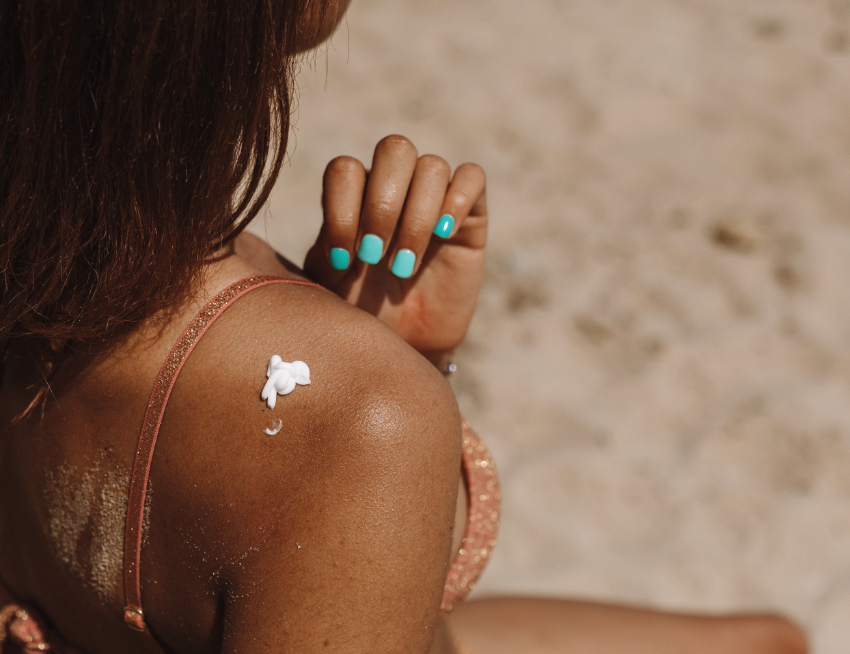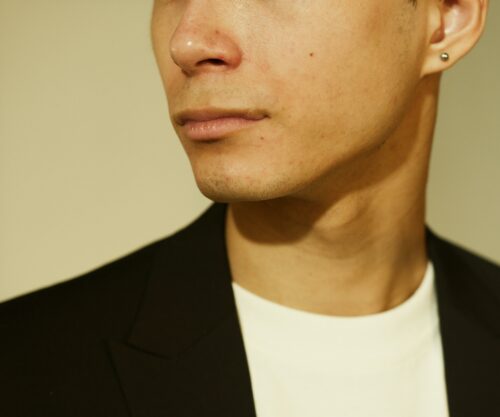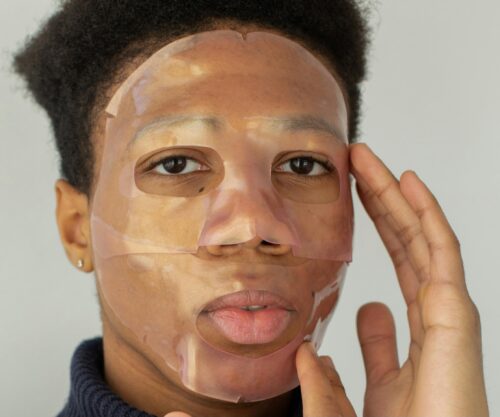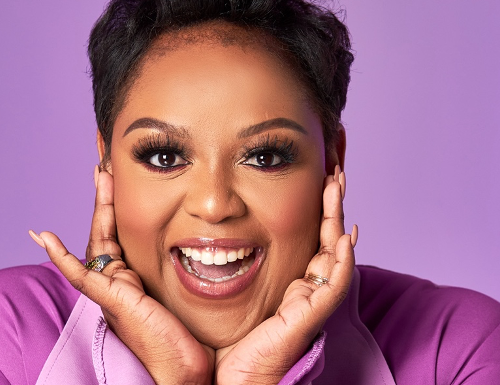
There are many misconceptions or myths regarding black skin which need to be disowned and called out for. One of the biggest myths about darker skin is that it does not burn, and that black people do not need to wear sunscreen. This is false, and everyone should use adequate sun protection.
Although it is true that darker skin does have a more natural protection from the sun than lighter skin, it is still not safe from the skin damage caused by the sun such as wrinkles, pigmentation and even skin cancer. Sunscreen is not only about keeping skin safe from sunburn, but forms the long-lasting effects of the sun.
Mario Correia, a brand manager at Everysun explained the myth around the infamous saying “ that darker skin does not need sunscreen as the melanin in their skin will protect them from the sun’s UV rays,” however, Mario states “although darker skin does offer more protection than lighter skin, the darkest skin only provides the same level of protection of about SPF13,” she said.
Enough exposure to the sun can result in skin damage.
Contrary to the misconception that darker skin cannot be harmed by the sun, it still does burn, although it may take longer than lighter skin, and instead of the wrinkles that lighter skin may experience from too much sun exposure, hyper-pigmentation is a symptom in darker skin.
According to an article in The Consumer Report, Crystal Aguh MD, director of the Ethnic Skin Program at John Hopkins School of Medicine in Baltimore was quoted as saying skin discolouration is one of the most common complaints in patients with darker skin, and that wearing sunscreen is a critical step in lessening the damaging effects of the sun, and in keeping your skin healthy.
Another misconception is that darker skin can’t get skin cancer. Although, there are more cases of skin cancer in patients with lighter skin, when a patient with darker skin is found to have skin cancer often it is diagnosed much later, and in some cases too late. This is due to the lack of awareness that the sun can affect darker skin. It is said that the cancer can present itself differently and be found in a different part of the body such as the palms on the hand.
According to experts who suggest that no matter who is wearing the sunscreen, an SPF30 sunscreen should be used at all times, whether you are at the beach or not, to help keep your skin protected from the sun.
Everysun’s range of sunscreens have been formulated for the whole family, and for different activities such as swimming, exercising, and even boasts a moisturiser for everyday wear.
The Everysun formula includes Vita Lock™, an infusion of superfruits, antioxidants, vitamins and advanced UVA and UVB filters with photo stability. This advanced complex protects against sun-induced skin damage and premature aging and promotes skin elasticity and firmness.
Everysun recommends that, when choosing the SPF rating that will suit your skin, you need to know how long it takes for your skin to burn in the sun. Once you know that, you can multiply the SPF rating by this amount, and find out how long the sunscreen will last. For example, if a person whose skin turns red after being in the sun for 10 minutes with no sunscreen wears an SPF15, it would then take him 150 minutes to burn.




